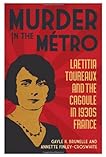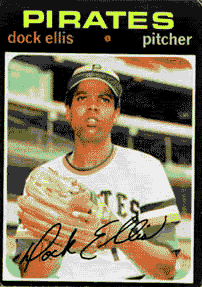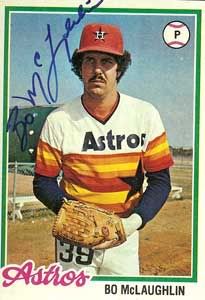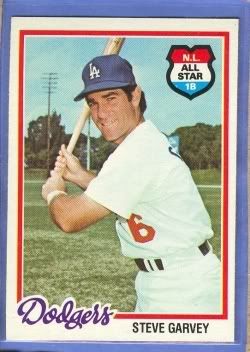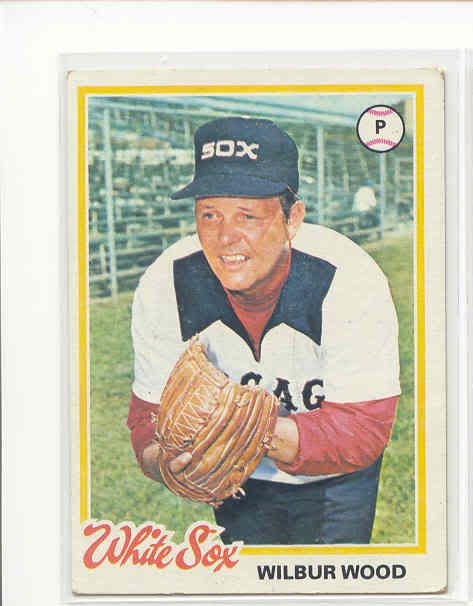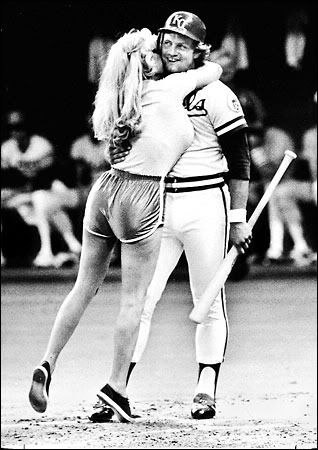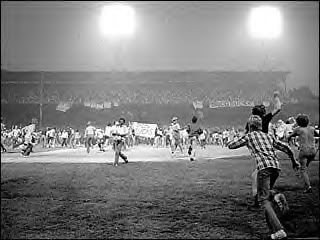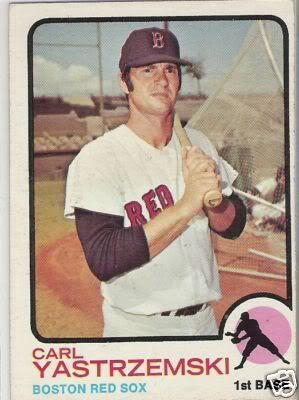 Extra Lives: Why Video Games Matter by Tom Bissell
Extra Lives: Why Video Games Matter by Tom BissellMy soon to be five year old son wants a Star Wars light saber something or other video game for Christmas this year. The first problem with that is that this game is for the Wii game system and I only have a PlayStation 2. The second problem is that I have not yet been sold on this notion that video games aren’t just a waste of time and they aren't turning the youth of America into dumb, fat and happy drains on the purse strings of their hard working parents. Just like most every other parent today, I too once played video games—as a 12, 13 year old in the 1980s it was Atari home systems and darkly lit, sticky-carpeted arcades—but I can’t honestly think of a single thing from the time spent in front of a video game monitor that has contributed much to my adult life. Tom Bissell’s book Extra Lives: Why Video Games Matter however promised to straighten me out on that, and if I were worth my weight in Arcade tokens then I would make that the point of this blog. Instead I'd like to write about Bissell's writing style.
About 5 years or so ago I stopped reading fiction and switched pretty much exclusively to non-fiction. More recently, one specific genre of non-fiction (a genre I call Pop-centric non-fiction) has taken my fancy. These are books that deal with a subject matter that involves some aspect of pop culture. They are often written with the author injecting him or herself into the narrative. And a large number of them follow a basic formula. The formula goes like this: First of all you start off with a well-written (perhaps inspired even) first chapter that reveals the subject matter in an incredibly interesting light. In Brad Millano’s Vinyl Junkies for example, we start off with Milano at a record listening party of sorts. While in Big Hair and Plastic Grass, the reader is drenched in a hipster-worded general overview plus teases of events and highlights that made the decade of the 70s so unique and interesting. This well-done first chapter, along with an eye-catching front cover and some gushing praise from other authors on the back cover, seems to be enough for publishers to believe that as a reader you have gotten your money’s worth. The problem however is that, more times than not, the remaining chapters of these Pop-centric non-fiction books are paint-by-number assimilations of historical accounts of the subject matter and/or journalistic episodes and interviews that may marginally shed some light on the subject matter, but in general seem random or without direction. Usually, somewhere halfway through these books, it becomes obvious that it is best just to start skimming or even just jump the to end and see if the last chapter has anything worth smelling.
As I sat down to read Bissell’s Extra Lives I wasn’t expecting anything more than another installment in this long line of formulaic Pop-centric non-fiction works. I did notice right off the bat however that Bissell writes in a style that is very enjoyable to read. He writes from personal experience that reveals his inner thoughts and is likable and funny. For instance:
“Was I apologizing to some imaginary cultural arbiter for finding value in a form of creative expression [video games] whose considerable deficits I recognize but which I nevertheless believe is important? Or is this evidence of authentic scruple? On one hand, I love Bioshock [a videogame] which is frequently saluted as one of the first games to tackle what might be considered intellectual subject matter—namely a gameworld exploration of the social consequences inherent within Ayn Rand’s Objectivism (long story)…If I really wanted to explore the implications and consequences of Objectivism, there were better, more sophisticated places to look, even if few of them would be as much fun (although getting shot in the knee would be more fun than rereading Atlas Shrugged). When I think about games, here is where I bottom out. Is it okay that they are mostly fun? Am I a philistine or simply a coward [to admit that a video game can be a work of art]? Are games the problem or am I?”
The first 25 pages or so was fun reading and it was obvious that Bissell had succeeded with the first part of the formula (the well-written first chapter that places the subject matter in an incredibly interesting light). Author Keith Gesson, on the back cover of Extra Lives, accurately describes Bissell’s description of killing zombies in the first iteration of Resident Evil as “simply a tour de force.”
After this successful—yet formulaic—start though, Bissell moves us into chapter three (titled the Unbearable Lightness of Games). At this point he is moving away from framing the central issue of the book (that which is conjured up in the subtitle of the book “Why video games matter”) from a "personal" context to a "video game industry" context. This is where the book starts to get sluggish and I started getting the urge to start skimming. The next two chapters basically feed into my worse fears. In these chapters Bissell interviews some video game gurus and he visits some video game convention, and the result is that as a reader I glean some vague understanding of the issues facing modern game designers, but nothing of much interest really. In fact the only interesting thing to come from these chapters was that they caused me to continually think: “Jesus Christ, our society has way too much leisure time on our hands.” Personally I have gotten off on video games before, but as I get older there is some pressing, ticking clock in the back of my head that starts to go off whenever I feel like I’m wasting time—which is really my biggest complaint against video games. Logically, we only get so much time on this earth, 80 years maybe, so of course wasting that time scares me. And I’ve played enough video games in my life to realize that they can be a huge waste of time. But on the other hand, if your time is spent on an enjoyable activity, then who among us is to say that it is not time well spent? In fact, if you think about it, what more could the average person hope to accomplish than finding an enjoyable way to spend their time?
However, other than the realization of this nugget of wisdom, reading chapters 4 and 5 in Extra Lives was starting to feel like a waste of time. And when chapter 6 started off with another encounter with a video game industry personality, my fingers starting twitching at the edge of the pages, preparing for “skim” mode. Fortunately though chapter 6 introduces Jonathon Blow, the designer of a game called Braid, which leads the text to some fascinating ideas that are outside the video game industry mainstream. Just in the nick of time, this short interesting chapter momentarily rescues the book from Mediocre-ville. The most interesting idea here is the idea that a video game can actually be art. Jonathon Blow criticizes video games for not touching people emotionally—like other forms of mass media can do; films, poetry, art, music, etc—and Bissell goes into detail how Blow’s game Braid not only attempts to touch people emotionally but also aspires to be thought of in the realm of art.
 The final three chapters of Extra Lives are above mediocre as Bissell takes the narrative back toward a more personal context. But by the end of the book I was left pondering where does Extra Lives rate in terms of the pop-centric non–fiction genre that it belongs to? Having become my genre of choice over the last year or so, I've come to recogniza at least two classics of the Pop-centric non-fiction genre: Kevin Chong’s Neil Young Nation and Josh Wilkers Cardboard Gods. Both of these works are obviously labors of love and thoughtfully written, but perhaps more importantly each one is written with a three dimensional narrative. By this I simply mean that there are at least 3 threads being wove throughout the narrative from start to finish. The first dimension in both Neil Young Nation and Cardboard Gods is the basic subject matter that each book is dealing with: Neil Young in Neil Young Nation and baseball cards in Cardboard Gods. The second dimension then is each author’s unique personal story and relationship to the subject matter. I've read a good number of pop-centric non-fictions that have these two dimensions, and Extra Lives is no exception. But what allows Neil Young Nation and Cardboard Gods to really explode as both entertaining and interesting works of writing is that each of these works go beyond the two formulaic dimensions by introducing a “device of continuity” that not only helps keep the narrative grounded but also helps move the narrative along and build it into something greater than the sum of its parts. In Neil Young Nation the devise of continuity is a road trip Kevin Chong takes in which “…I decided to follow the same route Young took from Winnipeg to Fort William (now Thunder Bay), and then from Toronto to Los Angeles…I visited the places that were important to Neil and a few people associated (albeit tangentially) with Neil, and stopped in Auburn, Washington, to see Young play at Farm Aid 2004.” And in Cardboard Gods the devise of continuity is reproductions of actually baseball cards that Wilkers coveted as a youth.
The final three chapters of Extra Lives are above mediocre as Bissell takes the narrative back toward a more personal context. But by the end of the book I was left pondering where does Extra Lives rate in terms of the pop-centric non–fiction genre that it belongs to? Having become my genre of choice over the last year or so, I've come to recogniza at least two classics of the Pop-centric non-fiction genre: Kevin Chong’s Neil Young Nation and Josh Wilkers Cardboard Gods. Both of these works are obviously labors of love and thoughtfully written, but perhaps more importantly each one is written with a three dimensional narrative. By this I simply mean that there are at least 3 threads being wove throughout the narrative from start to finish. The first dimension in both Neil Young Nation and Cardboard Gods is the basic subject matter that each book is dealing with: Neil Young in Neil Young Nation and baseball cards in Cardboard Gods. The second dimension then is each author’s unique personal story and relationship to the subject matter. I've read a good number of pop-centric non-fictions that have these two dimensions, and Extra Lives is no exception. But what allows Neil Young Nation and Cardboard Gods to really explode as both entertaining and interesting works of writing is that each of these works go beyond the two formulaic dimensions by introducing a “device of continuity” that not only helps keep the narrative grounded but also helps move the narrative along and build it into something greater than the sum of its parts. In Neil Young Nation the devise of continuity is a road trip Kevin Chong takes in which “…I decided to follow the same route Young took from Winnipeg to Fort William (now Thunder Bay), and then from Toronto to Los Angeles…I visited the places that were important to Neil and a few people associated (albeit tangentially) with Neil, and stopped in Auburn, Washington, to see Young play at Farm Aid 2004.” And in Cardboard Gods the devise of continuity is reproductions of actually baseball cards that Wilkers coveted as a youth. In Extra Lives Bissell has only two dimensions, the first being video games and the second being his personal relationship with video games and art, etc. But Bissell never fully commits to a 3rd dimension. Perhaps he just didn’t think of a device of continuity (or some other hook) to give the narrative more depth. And in the end, this is what prevents this book from being truly a great book. A hook of some sort could have possibly rescued the two boring chapters involving the ins and outs of the video game industry. One possibility of a third dimension could have involved Bissell’s cocaine use while playing video games. But Bissell doesn’t introduce this aspect until the very end of the book.
In the end, Extra Lives was better than most pop-centric non-fiction attempts, but not quite great. It had two boring chapters in the middle that almost sank it. Therefore it receives 3 out of 5 Wagemann Heads.
NEXT!!!
---
Pop Quiz
True or False:
Parents who played video games in their youth insouciantly dismiss the notion that video games lower our moral standards and promote violence.
©2010 Rockism 101. All Rights Reserved





